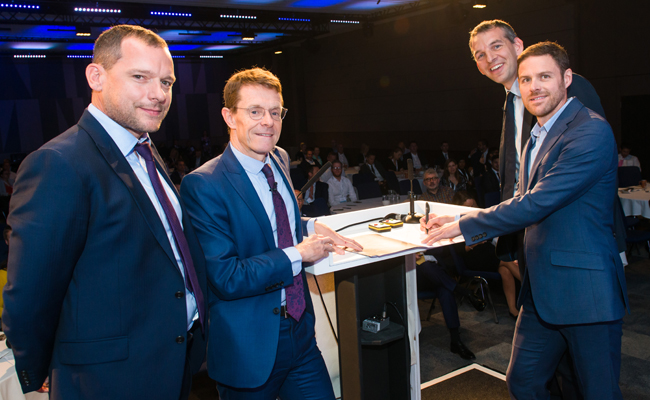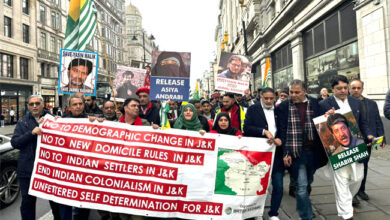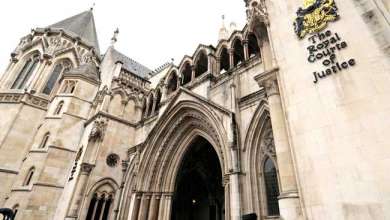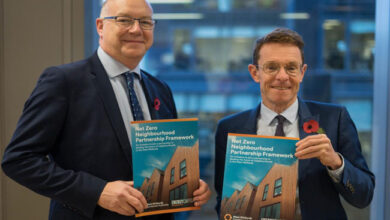Pioneering partnership to deliver 4,000 new homes targeted on brownfield land
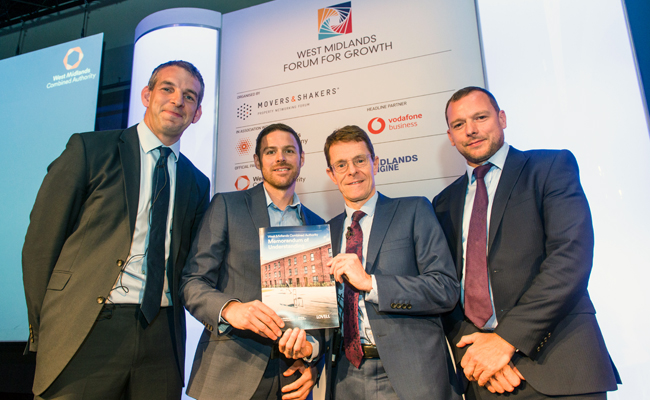
L-R Gareth Bradford, WMCA director of housing and regeneration, Stuart Penn, Lovell regional managing director, Andy Street, Mayor of the West Midlands and Simon Wingate, Lovell regional partnerships director
More than 4,000 new homes are set to be built across the West Midlands thanks to a landmark deal between the West Midlands Combined Authority (WMCA) and Lovell Partnerships.
The partnership, which was revealed by Mayor Andy Street today (Tuesday Sept 17), will bring together public and private sector skills and investment to supercharge the unlocking of old industrial land for development, helping to ease pressure on the Green Belt.
The 4,000 new homes will be constructed over the next eight years boosting the region’s efforts to build 215,000 new homes by 2031 – the amount needed to meet future housing and economic demand. The West Midlands is already building more homes than anywhere else outside of London, having constructed more than 14,500 in 2018.
Andy Street, the Mayor of the West Midlands, said: “We have earmarked hundreds of millions of pounds to help transform our brownfield land into thriving new communities that offer affordable, well designed homes for local people, and premises for firms creating worthwhile jobs.
“The West Midlands is undergoing a huge resurgence, with a thriving economy and more and more people looking to take advantage of all our region has to offer. However that success brings with it several challenges, not least the need to build more homes and commercial premises to keep up with the demand of residents and businesses.
“This ground-breaking partnership with Lovell will help us to address these challenges by bringing together their expertise with the WMCA’s powers and resources to build more than 4,000 homes on former industrial land. This way we can unlock more brownfield land for homes and jobs, and just as importantly protect the precious greenbelt land at the same time.”
The Mayor announced the landmark deal in a keynote speech to dozens of leading public and private sector figures at the West Midlands Forum for Growth conference in Birmingham.
The annual conference, at Resorts World, focuses on factors that can drive the regional economy forward including ways to breathe new life into hundreds of acres of former industrial land – or brownfield as it is often known.
Mr Street said Lovell had been at the forefront of bringing forward stalled housing sites, especially within the Black Country where the majority of the region’s brownfield land is located.
Schemes include;
- 151 mixed tenure homes on land off Steelhouse Lane Wolverhampton
- 283 homes on land off Green Lane, Walsall – including 89 affordable properties and 72 for rent
- 225 homes on 12 infill sites on land owned by Sandwell Council
- Plans for 75 affordable homes in Cookley Wharf, Brierley Hill
- A joint venture with Walsall Housing Group (Whg) to deliver a number of other developments across the West Midlands
Lovell regional managing director, Stuart Penn, said: “Lovell Partnerships are delighted to be the first house builder to enter into a pioneering partnership with the WMCA to unlock housing development on stalled brownfield land.
“By combining our industry expertise and local knowledge, with a willingness to think innovatively, we will unlock significant areas of brownfield land for much needed housing development.
“Our shared commitment is to deliver high quality multi tenure communities at ‘scale and pace’ whilst ensuring we leave a lasting legacy everywhere we work.”
Cllr Mike Bird, WMCA portfolio holder for housing and land and leader of Walsall Council, added: “We believe this partnership with Lovell will be highly effective in speeding up the supply of land, predominantly brownfield, for development.
“It will help deliver attractive schemes that ultimately give everyone the opportunity for a decent home and job.
“This partnership is an important element of our Single Commissioning Framework which will see the WMCA target its funding on developments that meet our key goals, including tackling youth and long-term unemployment, securing affordable housing, maximising public transport connectivity and supporting advanced methods of construction.”
